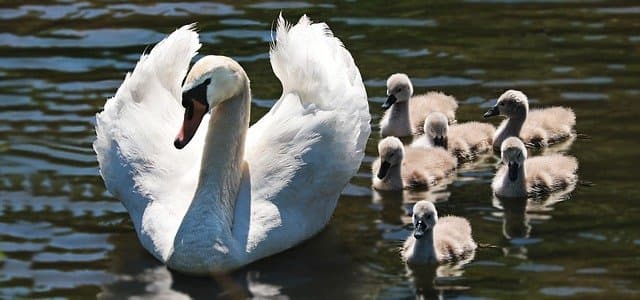The challenge of telling one's Christian family that one is an atheist for the first time is not something anyone should take lightly. This is an anxiety-provoking subject for many good reasons, and while many people report that it went better than they anticipated, there is some real risk involved. The outcome is not always positive, and particularly for teenagers still living at home, the consequences can be devastating. What I've tried to do in this post is offer some tips on how to prepare for the process. And yes, I think this is best approached deliberately as a process rather than as something someone blurts out in a moment of frustration.
Initial Considerations
For big and scary decisions like this, it is often helpful to consider the pros and cons of making such a disclosure. The idea is that if the benefits clearly outweigh the risks, one feels more confident in moving forward. Unfortunately, this is a situation where it is not always easy to assess the risks accurately.
If you are trying to decide if and how best to disclose your atheism to your family, I recommend that you start by asking yourself the following questions and considering what your answers suggest:
- How old are you, and if you are living in your parents' home, how many more years do you expect to live there?
- If you imagine your family's Christian beliefs ranging on a continuum from progressive to extremist, where would you place them?
- If you imagine yourself remaining silent and not disclosing your atheism for another year, how tolerable vs. intolerable does doing so seem? That is, how critical is it that you make the disclosure now as opposed to a year from now?
- What is your motive for disclosing your atheism?
As we look through these and examine your answers, the picture may become a bit clearer. For those under the age of 18, I am generally comfortable with saying that the younger you are the more likely I would be to advise you to postpone your disclosure. For those over 18, the situation changes dramatically (see For the Adult Atheist below).
In addition to considering these questions one-by-one, think about their interaction. For example, if you are 14 and expect to be in your parents' home for at least another 4 years, you may want to give yourself a couple more years before disclosing your atheism if you rated your family in the fundamentalist to extremist range of the belief continuum, especially if you also perceive your current situation as fairly tolerable. On the other hand, a 14 year-old in a fairly progressive family who cannot imagine remaining silent any longer may decide to speak out sooner.
For the Adult Atheist
If you are over 18 and not residing with your parents or planning to move out soon, your situation becomes much simpler because your level of risk tends to be considerably lower. Consideration #1 and #3 become irrelevant, leaving you to focus on #2 and #4. Even then, #2 is relevant only with regard to how you might make your disclosure.
Since there has been a tremendous amount written about coming out by LGBT authors, this is a great place to start. For the adult atheist, the power dynamics are vastly different, the risk is lower, and one has far more control over how to navigate the aftermath.
Regardless of your age, disclosing one's atheism to one's family is often one of the most dreaded experiences many atheists will face. While it is certainly safer to wait until one is an adult and no longer living in one's parents' home before choosing to reveal one's atheism, age does not always make the experience of doing so any easier. It is quite normal to be fearful of making such a disclosure even as a young adult who is no longer living in the family home.
Our anxiety tends to focus on the manner in which disclosing atheism may affect how we are perceived and treated by our family. It is important to recognize that the impact of such a disclosure may be much broader than this. The way in which many faith communities shield members from outsiders in order to prevent exposure to contrary ideas often means that someone disclosing atheism risks more than the disapproval of the immediate family. The disclosure of atheism to one's family may entail losing access to one's entire support network.
As Richard Collins wrote at End Hereditary Religion (update: link no longer active),
Depending upon how insular their faith community was, leaving can be a wrenching, depressing experience that they face alone. The church and the people they have known all their lives are often the newly converted apostate’s only friends. Since leaving is seen as disloyal and a betrayal, their friends often abandon them. Millions of people leave a faith community every year and the pain they suffer is one of the dark shameful secrets that goes unrevealed in the major media and that is systematically covered up by the churches.
For more on this important subject, see:
- Coming to Terms With One's Atheism
- Coming Out Atheist: Is Losing Your Relationship Worth It?
- Coming Out as an Atheist in Mississippi
- The Confrontational Nature of Coming Out Atheist
- A Great Example of Coming Out Atheist
- Reducing Anti-Atheist Bigotry: Coming Out is Only the Beginning
This was originally two separate posts both written in 2009 that were combined into this post in 2020.
